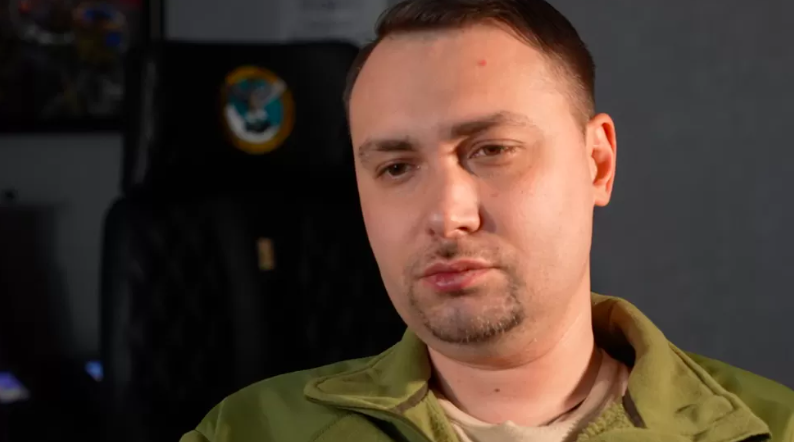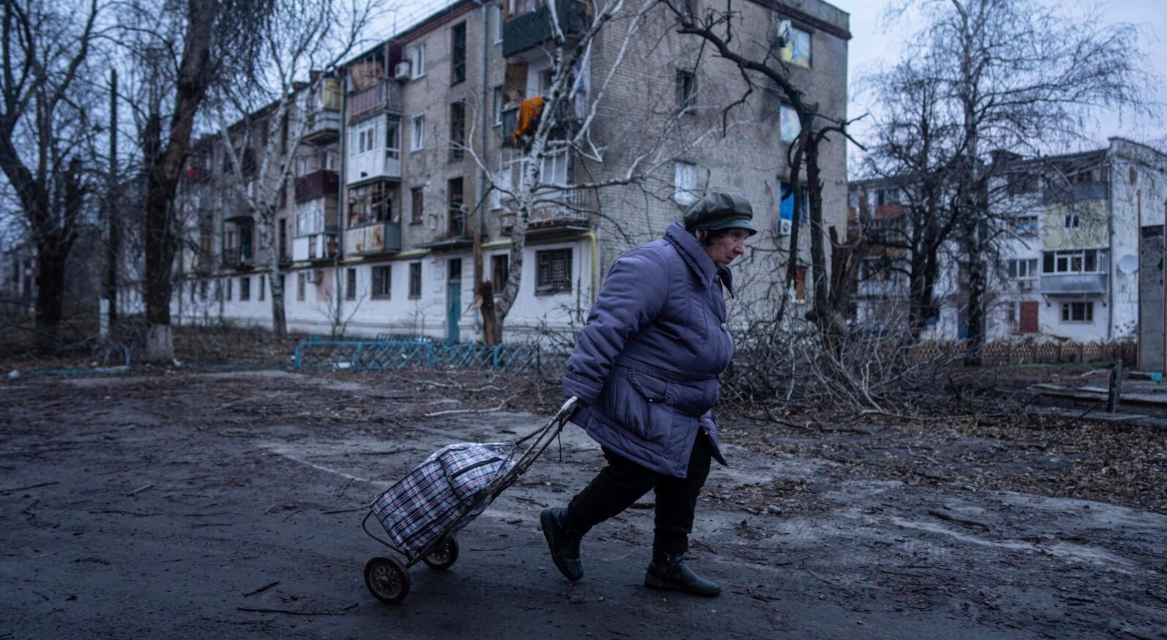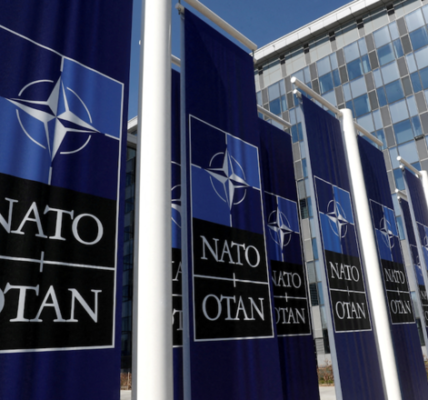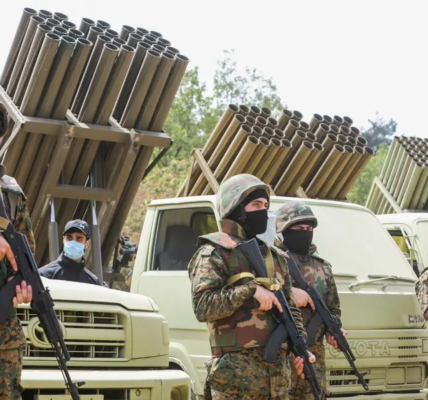Russians intensify attacks on Ukraine’s power grids, as calls grow for bombardment to be classed as a war crime
Russian missiles have again targeted power grids in a number of major Ukrainian cities, including in Kiev, where the city’s mayor confirmed that 40% of residents have been left without power.
The latest wave of attacks, one of the heaviest bombardments since the war began last February, left three dead and more than 17 injured.
It also came despite repeated warnings to Russia that attacks on civilians and civilian infrastructure are being investigated as potential war crimes.
Blasts were also reported in Kharkviv, Odesa, lviv, and Zhytomyr.
Ukraine’s Ministry of Defence later said that it had successfully intercepted 54 of the 69 missiles launched by Russia during the offensive.

It had earlier been reported that 120 missiles had been launched, including cruise missiles fired from Russian warships in the Black Sea. A number of Iranian so-called Kamikaze drones were also allegedly deployed.
Ukrainian Brigadier General Oleksiy Hromov said the strikes had been targeted at energy infrastructure across the entire country.
Two homes in Kyiv were damaged by debris from missiles which had been shot down by the city’s air defences, according to the city military administration. Vitaliy Klitschko, Kyiv’s mayor, said 16 missiles were destroyed.
In the southern region of Mykolaiv, Governor Vitaly Kim wrote that five missiles were intercepted, while Lviv’s Mayor Andriy Sadovy said several explosions had been heard in the western city.
In the Odesa region, regional leader Maksym Marchenko reported that 21 missiles were shot down. Missile fragments had hit a residential building, but the occupants had emerged unscathed, he added.
And in a village in the western region of Ivano-Frankivsk, a senior adviser to President Volodymyr Zelenskyy claimed a missile had crashed into a resident’s home but miraculously not exploded.
Mykhailo Podolyak described the attacks as “evil” and accused Russia of seeking “to destroy critical infrastructure and kill civilians en masse.”
Moscow has been denying targeting Ukrainian civilians, but President Putin recently admitted that Russian forces had been hitting power plants.
International observers, including French President Macron, have said the targeting of energy facilities could constitute a war crime.
British attorney Nigel Povoas, lead prosecutor for the International Mobile Justice teams, has been visiting sites over the course of the winter, and is in no doubt that Russia is targeting civilians, in clear contravention of international law.
Speaking back in October, he said: “Even the claimed widespread attacks on energy and communications infrastructure appear to have minimal impact on military operations and maximum impact on the health, suffering and spread of terror within the civilian population with winter approaching.”
The latest Russian barrage also came as the head of Ukraine’s spy agency speculated that the two sides have reached a stalemate on the battlefield.
Kyrylo Budanov, in an interview with the BBC, said both sides were deadlocked, and that neither were able to make any significant advances.
“The situation is just stuck,” Budanov told the BBC “It doesn’t move.”
Ukraine is hoping that the arrival of promised new weaponry from its allies will enable it to push the Russian forces back, and further erode confidence in Putin’s “special military operation.”
“We can’t defeat them in all directions comprehensively. Neither can they,” he said. “We’re very much looking forward to new weapons supplies, and to the arrival of more advanced weapons.”

Budanov also dismissed reports that Belarus was poised to send platoons from its 48,000 strong army into Ukraine.
He claimed that Belarussian society would not countenance further involvement in the war (it has been allowing Russian forces to launch attacks from Belarus), and that there were serious doubts concerning the preparedness of its army.
“That’s why President Lukashenko is taking all steps to prevent a disaster for his country,” he said.



















































































































































































































